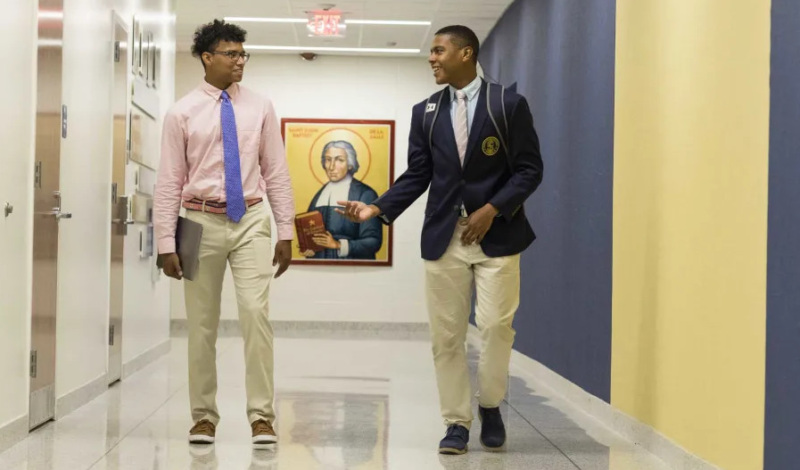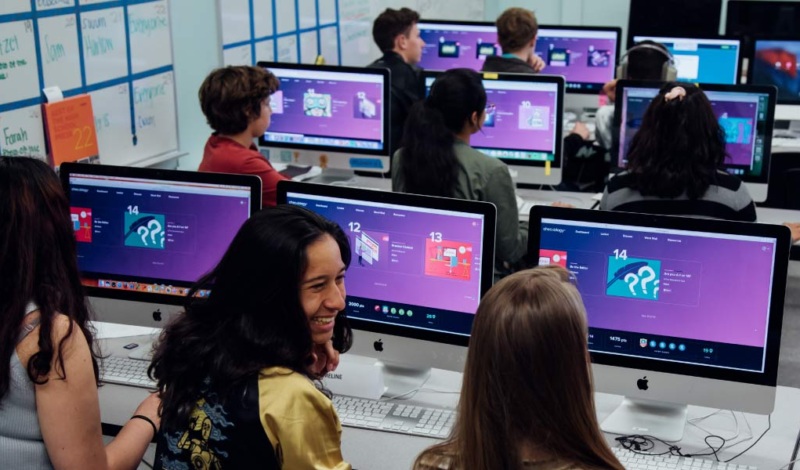Study: News literacy is key to fighting conspiracy theories
People who are knowledgeable about the news media are less likely to believe conspiracy theories.
 That’s even when those theories appear to confirm an individual’s political belief, a new study shows.
That’s even when those theories appear to confirm an individual’s political belief, a new study shows.
“The greater one’s knowledge about the news media — from the kinds of news covered, to the commercial context in which news is produced, to the effects on public opinion news can have — the less likely one will fall prey to conspiracy theories,” the authors, all professors of journalism or communication at U.S. universities, write in the December 2017 issue of the academic journal Communication and the Public.
The findings are important because they indicate that action can be taken to prevent the spread of conspiracy theories. News literacy, for example, can be taught in schools.
But, then, we’ve known for several years that effective news literacy lessons can make a difference.

